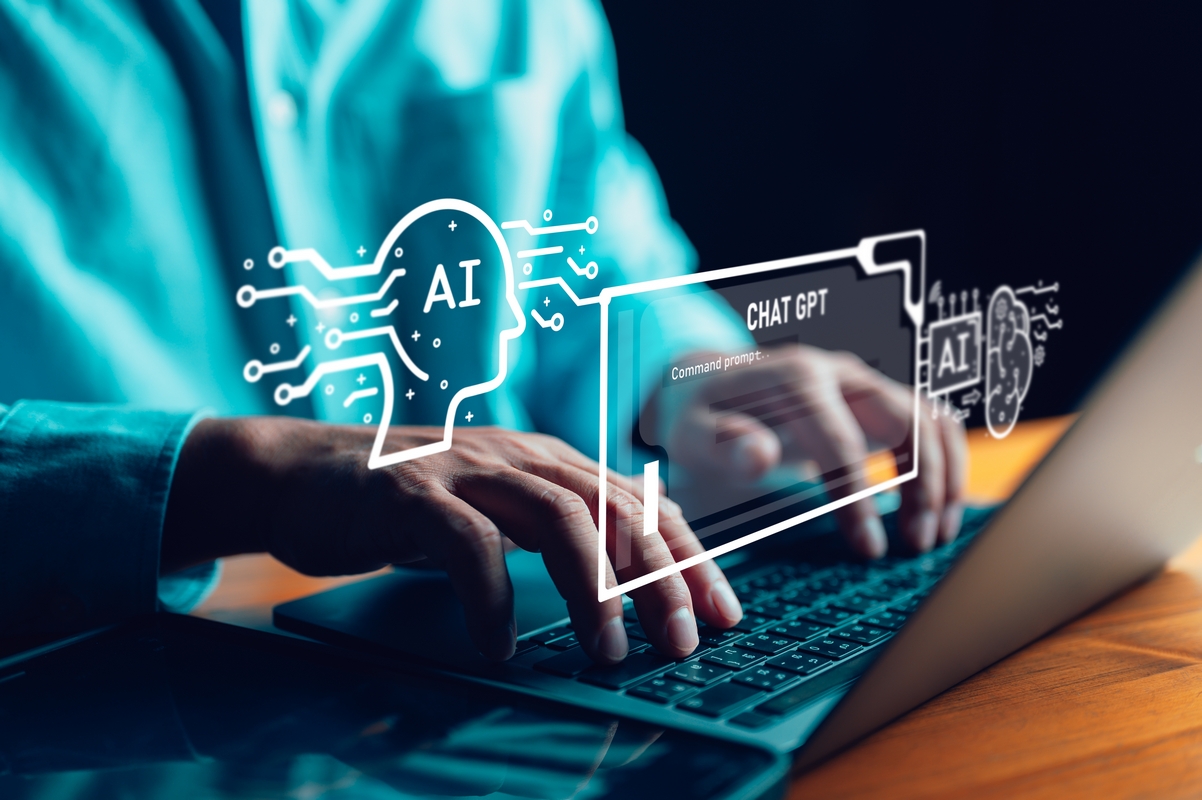How Artificial Intelligence is Changing the Narrative in Fintech
Artificial Intelligence (AI) has come a long way in recent years and is now even being used to automate many business decisions. How so? From identifying fraud in banking to determining insurance claims, AI is proving to be a valuable tool for businesses in various rather conservative industries. This post will discuss which decisions can be automated with AI and provide examples in banking, finance, fintech, and insurance. Additionally, we will explore the positive impact of automating business decisions with AI, its ongoing development, and its humanisation.
Which decisions can be automated with AI?
Fraud Detection and Prevention
One of the most common uses of AI in the financial industry. AI algorithms are usually trained on historical data to identify patterns and anomalies that may indicate fraudulent activity. For example, in the banking industry, AI can detect patterns of unusual account activity, such as large transfers or multiple transactions in a short period. At Sirma, we assist businesses in transitioning from intricate traditional methods of detecting fraud to more robust and secure AI-powered solutions, which can accelerate the process by up to 7 times.
Customer Service
This is another area with many repetitions where AI is being used. AI-powered chatbots and virtual assistants can handle simple customer inquiries, such as account balances or transaction history, freeing up human customer service representatives to handle more complex issues. Such an example is Sirma’s conversational AI chatbot Melinda, which has already been implemented in a couple of big fintech organizations to boost sales and customer satisfaction rates.
Risk Assessment
Mostly implemented in the insurance industry. By analyzing data on claims, policyholder demographics, and other factors, AI helps insurers to identify patterns and predict potential risks. This is used to adjust pricing and underwriting as well as to identify and prevent fraud. Sirma’s Insurtech subdivision does an excellent job in business consulting insurers to fulfil all risk assessments.
Contextual Banking
Establish it to deliver a personalised, continuous, and seamless experience that consumers desire and that bankers and credit union executives discuss. Contextual banking encompasses current and historical data, allowing financial institutions to understand their customers and members and their position in their customer journey. By analysing this data and utilising appropriate analytics, valuable insights can be derived to effectively respond to any consumer action or request, regardless of the channel involved. For instance, this may involve directing calls made to a call centre to the most suitable agent based on contextual data or sending current experience-related text messages precisely when a consumer needs them.
Development of AI and its Humanization
A key development in AI is Machine Learning (ML), which is a type of AI that allows systems to learn and improve without being explicitly programmed. ML algorithms are trained on large data sets, allowing them to identify patterns and make predictions. Another important part of AI is Natural Language Processing (NLP). NLP is a branch of AI that focuses on the interaction between computers and human language. This includes understanding and generating human languages, such as speech and text.
As AI technology advances, there is a growing emphasis on making it more human-like in its decision-making process. This is where the idea of humanizing AI comes into play. The goal is to make it more empathetic and ethical in its decision-making by incorporating human values and ethical considerations into its operation and building it to be more transparent and explainable to its users.
Another example is using Explainable AI (XAI). XAI is like the black box of a plain – this is where all the details about used tools and frameworks are stored. By opening it up, you will better understand the process behind and interpret predictions. It includes providing explanations for the AI’s decisions and the underlying reasoning behind them.
One more step in the positive direction is AI Fairness, which aims to ensure that AI systems are just and unbiased in their decision-making. This includes identifying and mitigating any prejudices that may be present in the training data and the conclusion process of the AI algorithm. Finance and banking are not just numbers; someone can simply run thru a smart human-like algorithm and yield perfect results. A lot more fine-tuning and humanizing work must be applied, and AI must keep up with the demand.
Final words
The utilization of AI in various industries, such as banking, finance, fintech, and insurance, is on the rise. Its capabilities range from detecting fraud and evaluating risk to customizing marketing strategies and streamlining supply chain operations. The integration of AI in decision-making processes has proven to be a valuable asset for businesses, and its ongoing advancement toward humanization ensures improved efficiency, accuracy, and ethical considerations. With the continued evolution of AI, it is expected to play an even more prominent role in automating business decisions and driving overall business performance.
